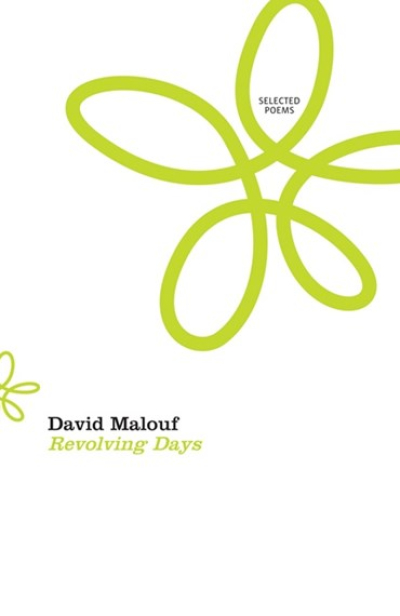Accessibility Tools
- Content scaling 100%
- Font size 100%
- Line height 100%
- Letter spacing 100%
Australian Poetry
The ABR Podcast
Released every Thursday, the ABR podcast features our finest reviews, poetry, fiction, interviews, and commentary.
Subscribe via iTunes, Stitcher, Google, or Spotify, or search for ‘The ABR Podcast’ on your favourite podcast app.
‘Where is Nancy?’ Paradoxes in the pursuit of freedom
by Marilyn Lake
This week on The ABR Podcast, Marilyn Lake reviews The Art of Power: My story as America’s first woman Speaker of the House by Nancy Pelosi. The Art of Power, explains Lake, tells how Pelosi, ‘a mother of five and a housewife from California’, became the first woman Speaker of the United States House of Representatives. Marilyn Lake is a Professorial Fellow at the University of Melbourne. Listen to Marilyn Lake’s ‘Where is Nancy?’ Paradoxes in the pursuit of freedom’, published in the November issue of ABR.
Recent episodes:
If between one footfall and the next, the wind
can swivel and issue empty threats of rain,
for all we know this could be one of those days,
unpinpointable even in retrospect,
when a dimly held belief begins to melt,
say the belief that it’s somehow generous
to assume that everyone’s rather like you.
An open-ended day promising nothing,
but just as full of zipjams, language splashes
and thixotropic flows, lost somewhere between
the day you realised you wouldn’t always
have to pretend to be interested in X
(opera, hot cars, Buffy Summers, poetry)
Who exactly is available to tell us the story of our minds?
If I dream of an estuary called ‘Ephemeral Waters,’ an optimum of spectral love
anyone might allude to their misgivings. Or it’s interpersonal, the tide finds
its way round the three islands, flowing away from negative emotions, some remove
their shoes at the door, others talk of auras, or the portals of youth, the mark
Seen from that famous ray of light
Discharging from the town hall tower
On the last stroke of noon,
The hands would stand forever at that hour
As though the holocaust of blinding white
That set it all in train,
When present, past and future were triune,
Were come again,
The endless now on which the blessed take flight.
I won’t this time. Silent at last and shunted
Into its siding in the Victorian Arts Centre
The container train started its journey in Yugoslavia
Two years before it arrived in Gippsland
Among trees that echo Albert Namatjira.







